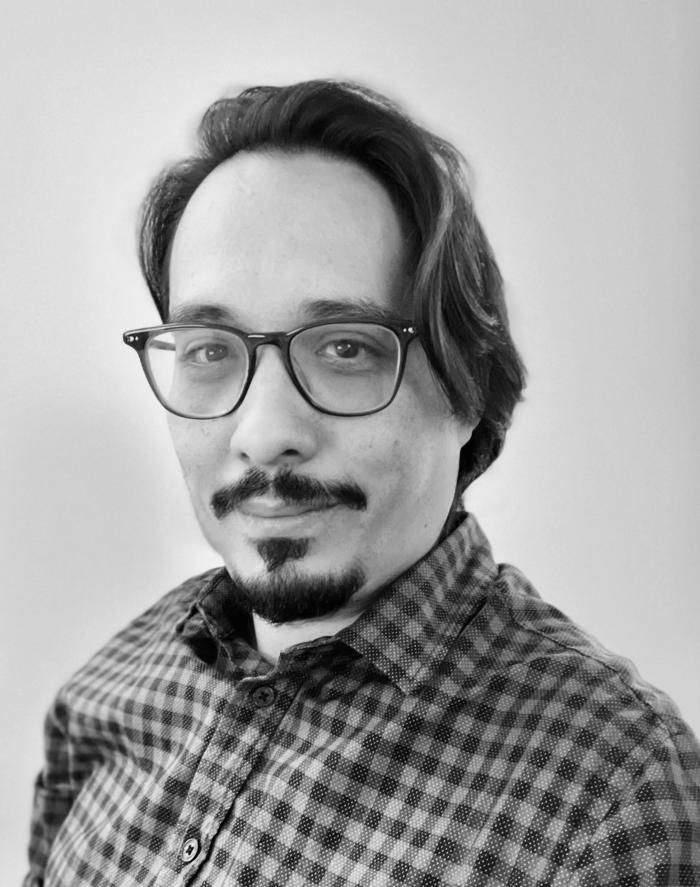Omar García-Ponce

Omar García-Ponce
Associate Professor of Political Science and International Affairs
Full-time
Contact:
Omar García-Ponce is an Associate Professor of Political Science and International Affairs at The George Washington University. He writes and teaches on the causes and consequences of various forms of intrastate organized violence that are prevalent in low- and middle-income countries, ranging from local criminal gangs to armed rebellions and transnational organized crime groups. His regional expertise is in Latin America and he also teaches courses on US-Mexico relations and Latin American politics.
His scholarly work has appeared in the American Journal of Political Science, the American Political Science Review, the Journal of Peace Research, Political Science Research and Methods, and World Politics, among other journals. This research has been supported by the National Science Foundation, the United States Agency for International Development, the United Nations University World Institute for Development Economics Research, and implemented in collaboration with local governments and civil society organizations.
He received his PhD in Political Science from New York University in 2016 and a B.A. in Politics and Public Administration from El Colegio de México in 2006. Before joining GW, he was an Assistant Professor at UC Davis and a Post-Doctoral Fellow at the Center for Global Development in Washington, DC. He is a member of the Evidence in Governance and Politics (EGAP) network.
Political economy of development; political violence; organized crime; political behavior; Latin American politics
Professor García-Ponce’s primary line of research examines the causes and consequences of contemporary forms of intrastate organized violence, with a particular emphasis on organized crime in Latin America. He has conducted several survey and field experiments in Mexico over the past few years. From a methodological perspective, his main interests are in experimental and quasi-experimental designs.
IAFF 3187 - Mexico Since Independence
PSC 3192W - Political Economy of Violence
PSC 3500 - US-Mexican Relations
PSC 3500 - Politics of Crime & Violence
PSC 8101 - Introduction to Empirical Political Analysis
Ph.D., New York University, 2016
M.A., New York University, 2009
B.A., El Colegio de México, 2006

